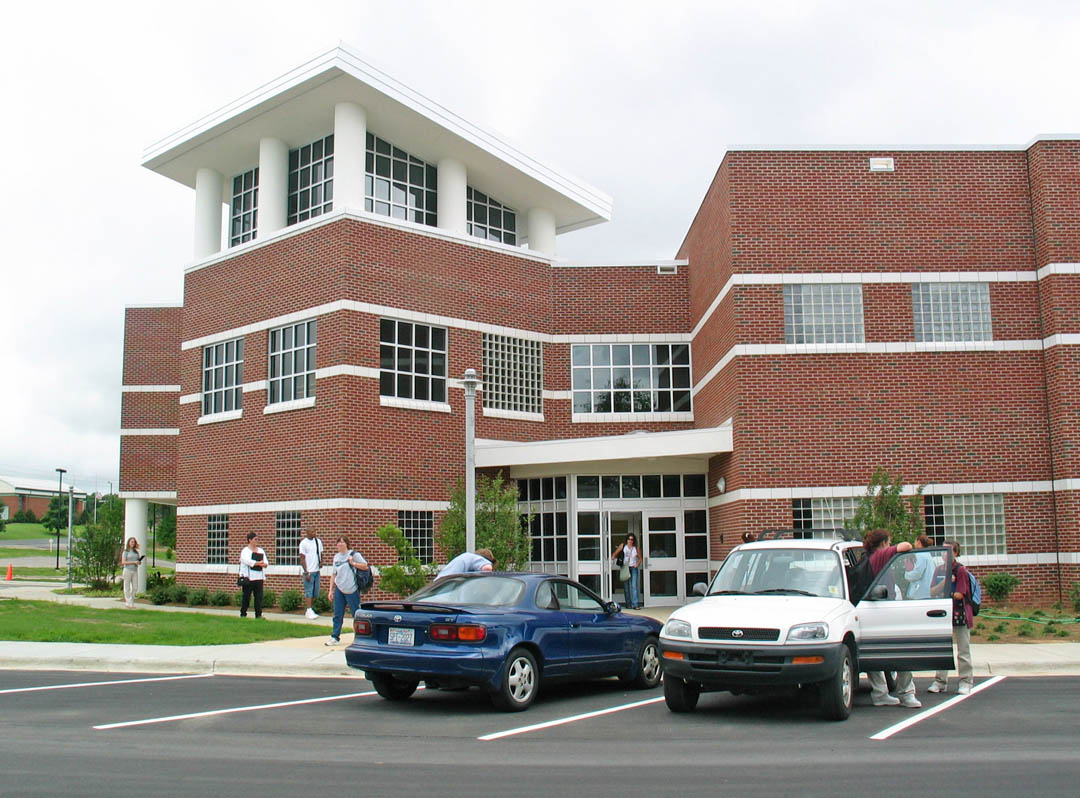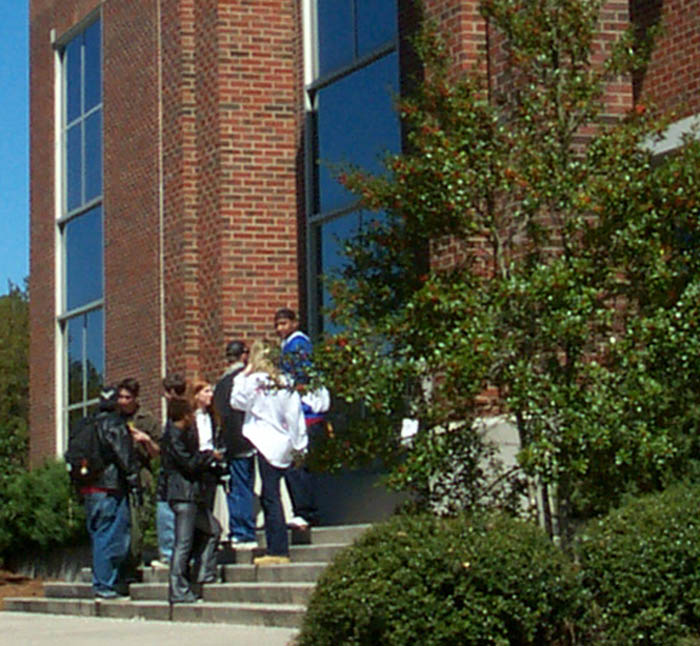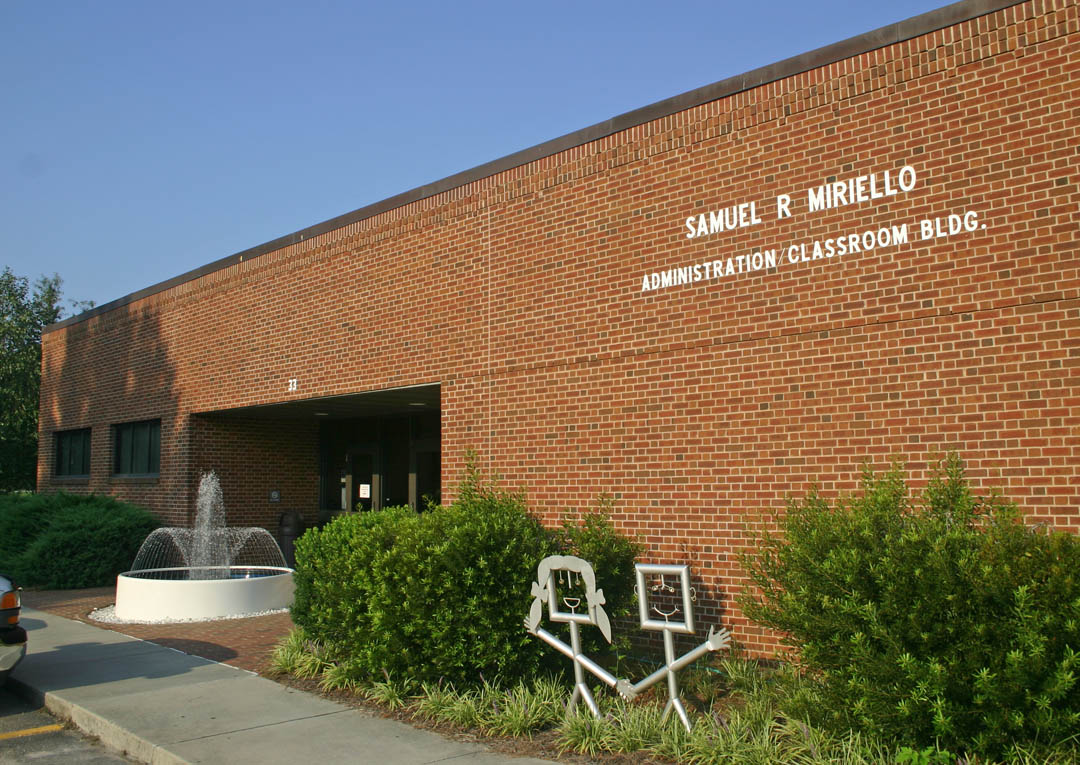SANFORD — Central Carolina Community College is among the top 50 community colleges in the nation, according to rankings done by Washington Monthly magazine.
The article reporting the rankings, “America’s Best Community Colleges: What Fifty Little-known Two-year Schools Can Teach the Rest of American Higher Education,” appears in Washington Monthly’s September/October edition.
“We are delighted that Washington Monthly took notice of our college’s ongoing efforts to provide quality, student-centered education,” said CCCC President Bud Marchant. “Central Carolina Community College is intent on being a leader in education and we work constantly to strengthen our teaching and learning.”
Washington Monthly based its rankings on student surveys done by the Center for Community College Student Engagement at the University of Texas as well as graduation rates published by the U.S. Department of Education.
The Center’s 2010 Community College Survey of Student Engagement Report included survey results from about 440,000 students at 663 colleges. At CCCC, 775 students in 84 different classes responded to the survey. The CCSSE surveyed students on their community college experiences in five categories: Active & Collaborative Learning, Student Effort, Academic Challenge, Student-faculty Interaction, and Support for Learning.
The Center uses the surveys to provide information about effective educational practices with the goal of improving student learning. Its research has shown that student engagement — the amount of time and energy invested in meaningful educational practices and interactions — correlates highly with student success.
Washington Monthly used the survey results to develop a weighted ranking based 85 percent on the CCSSE and 15 percent on a four-year graduation rate.
Based on the responses of CCCC students to their educational experiences in those categories and an above-average graduation rate, Washington Monthly ranked the college in the top 50 of all the colleges taking part in the CCSSE.
The article pointed out that community colleges have open - rather than selective -admissions policies, receive less funding than four-year colleges, and work with populations that include those who have greater educational and financial hurdles to overcome in getting a college education.
It noted that, at the top 50 community colleges, including CCCC, institutional leadership, high expectations, quality interaction between instructors and students, and providing students with academic support empowered them to achieve in spite of previous low educational levels or lack of financial resources.
“We saw similar results for the college in the North Carolina Community College System’s 2010 Performance Funding Measures Report,” Marchant said. “That also measured student achievement and the college exceeded all eight of the standards used in that report.”
He credited the college’s success and the recognition of it to its proactive student-centered culture. Academic and hands-on learning enrich the students’ educations. Campus clubs, activities and sports help to involve them in the supportive college community.
The college also has in place a Writing Works program, with writing being emphasized across the curriculum to enhance students’ writing skills and critical thinking. Problem-based learning enriches the educational experience in both academic and vocational programs.
The CCSSE survey information is a critical part of the college’s plan for constant improvement, according to Zena Harvley-Felder, the college’s Quality Enhancement Plan coordinator.
“Clearly, being in the top 50 community colleges in the nation speaks well of Central Carolina Community College and the work we do here to educate students,” she said. “The data also show us where we can improve. It has already prompted a session on Active Learning at a Faculty Development Day.”
CCCC has also created the position of Dean of Student Learning. That dean is responsible for assessing student learning needs and coordinating all the support programs, including the college library, academic assistance programs, and developmental studies.
“We want students to know that when they enroll at Central Carolina, they are stepping into a community dedicated to their success,” Marchant said.




